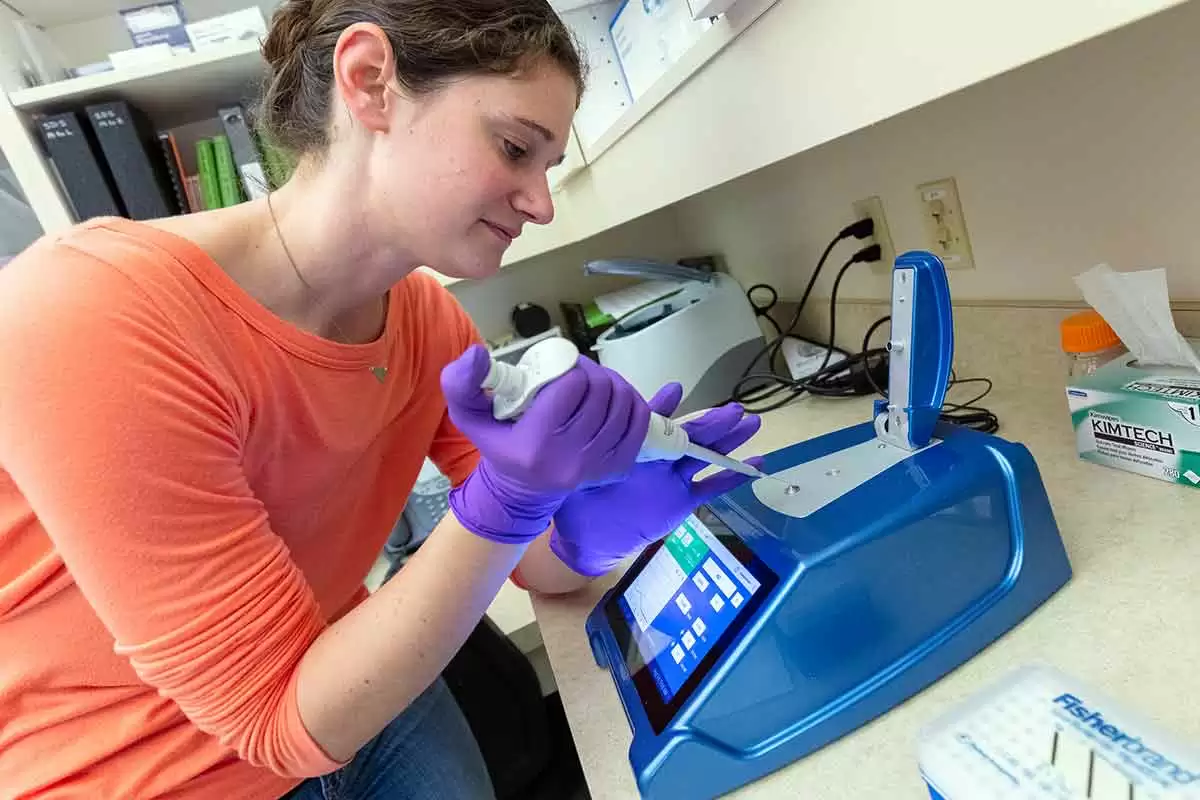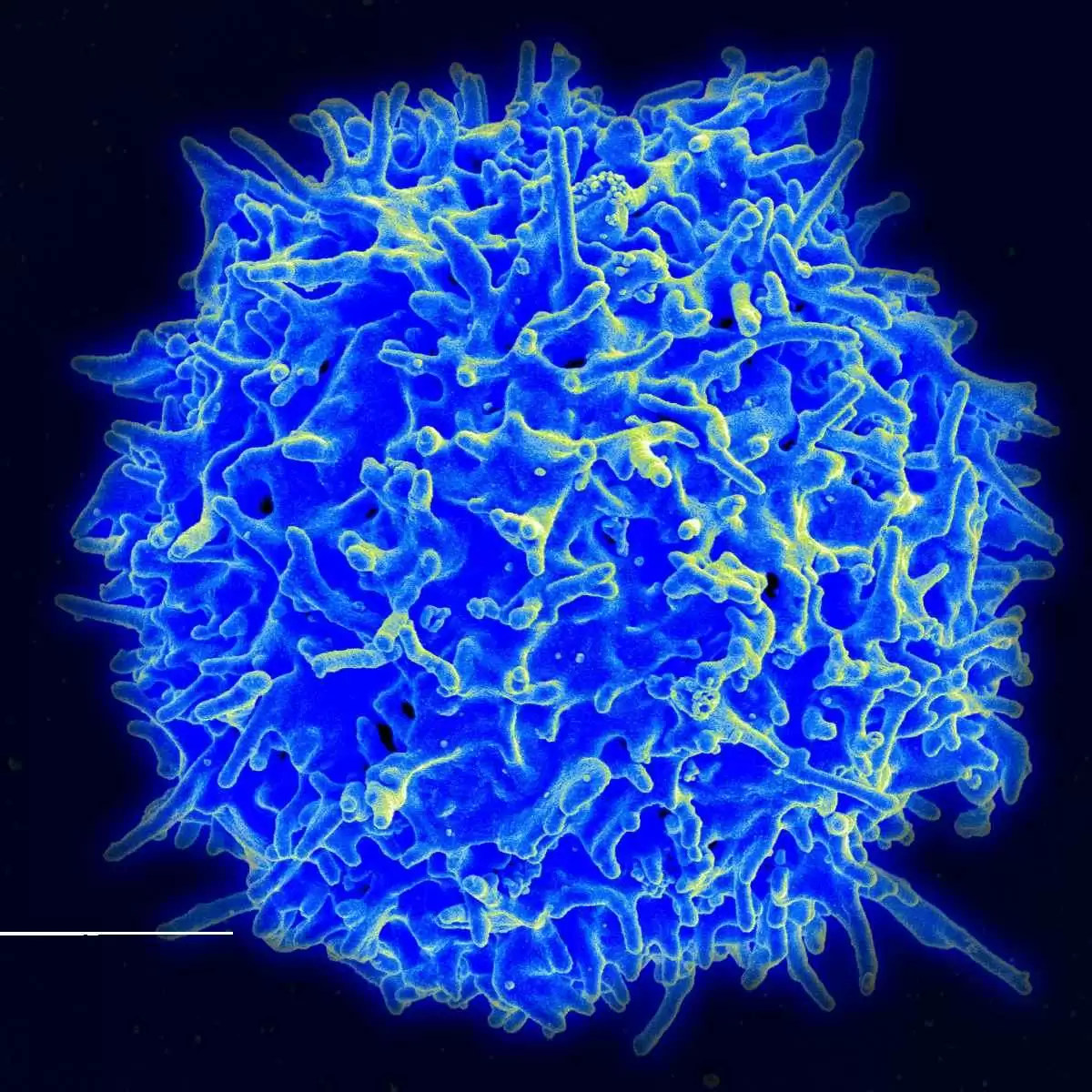Celiac.com 09/11/2023 - Researchers recently carried out multiplexed-single cell analysis of intestinal and peripheral blood T cells from patients with celiac disease in different disease states as well as healthy controls.
The research team included Adam Kornberg; Theo Botella; Christine S. Moon; Samhita Rao; Jared Gelbs; Liang Cheng; Jonathan Mille; Alyssa M. Bacarella; Javier A. García-Vilas; Justin Vargas; Xuechen Yu; Izabela Krupska; Erin Bush; Reuben Garcia-Carrasquillo; Benjamin Lebwohl; Suneeta Krishnareddy; Suzanne Lewis; Peter H. R. Green; Govind Bhagat; Kelley S. Yan; and Arnold Han.
Analysis of T Cells from Celiac Disease Patients at Different Stages
Celiac.com Sponsor (A12):
Celiac disease is an autoimmune disorder characterized by intestinal inflammation triggered by dietary gluten. The exact process by which gluten-specific CD4+ T cell activation leads to intestinal damage remains unclear. Researchers conducted a detailed analysis of T cells from celiac disease patients at different stages of the disease, along with healthy individuals.
The team identified distinct immune cell patterns in untreated celiac disease patients, including elevated levels of CD4+ follicular T-helper (TFH) cells, regulatory T cells (Tregs), and natural CD8+ αβ and γδ intraepithelial T cells (T-IELs). These activated intestinal T cell populations were linked to untreated, active, and potential celiac disease.
Interestingly, the T cell receptor (TCR) repertoire observed in NKR-expressing natural CD8+ αβ and γδ T-IELs demonstrated signs of antigen-mediated selection, persisting even in patients on a gluten-free diet without intestinal inflammation.
Upon consuming gluten, a subset of memory T-IELs expressing natural killer receptors (NKRs) transformed into cytotoxic cells, suggesting their involvement in celiac-associated intestinal damage. These cytotoxic cells seemed to emerge from a distinct memory population of T-IELs that express NKRs.
After gluten intake, both αβ and γδ T cell clones from this memory T-IEL population circulated throughout the body, along with gluten-specific CD4+ T cells, adopting a cytotoxic and activating NKR-expressing state.
This study suggests that gluten consumption in celiacs prompts rapid mobilization of cytotoxic T cells, alongside gluten-specific CD4+ T cells. The findings shed light on the intricate immune responses underlying celiac disease's pathogenesis, and provide insights into potential therapeutic targets.
Read more in SCIENCE IMMUNOLOGY14 Jul 2023
The researchers in this study are variously affiliated with the Celiac Disease Center, Columbia University, New York, NY, USA; the Columbia Center for Translational Immunology, Columbia University, New York, NY, USA; the Department of Microbiology and Immunology, Columbia University, New York, NY, USA; the Columbia Center for Human Development, Columbia University, New York, NY, USA; the Department of Medicine, Digestive and Liver Diseases, Columbia University, New York, NY, USA; the Department of Genetics and Development, Columbia University, New York, NY, USA; the Columbia Center for Human Development, Columbia University, New York, NY, USA; the Department of Pediatrics, Columbia University, New York, NY, USA; the Department of Systems Biology, Columbia University, New York, NY, USA; the Department of Pathology and Cell Biology, Columbia University, New York, NY, USA.








Recommended Comments
There are no comments to display.
Create an account or sign in to comment
You need to be a member in order to leave a comment
Create an account
Sign up for a new account in our community. It's easy!
Register a new accountSign in
Already have an account? Sign in here.
Sign In Now